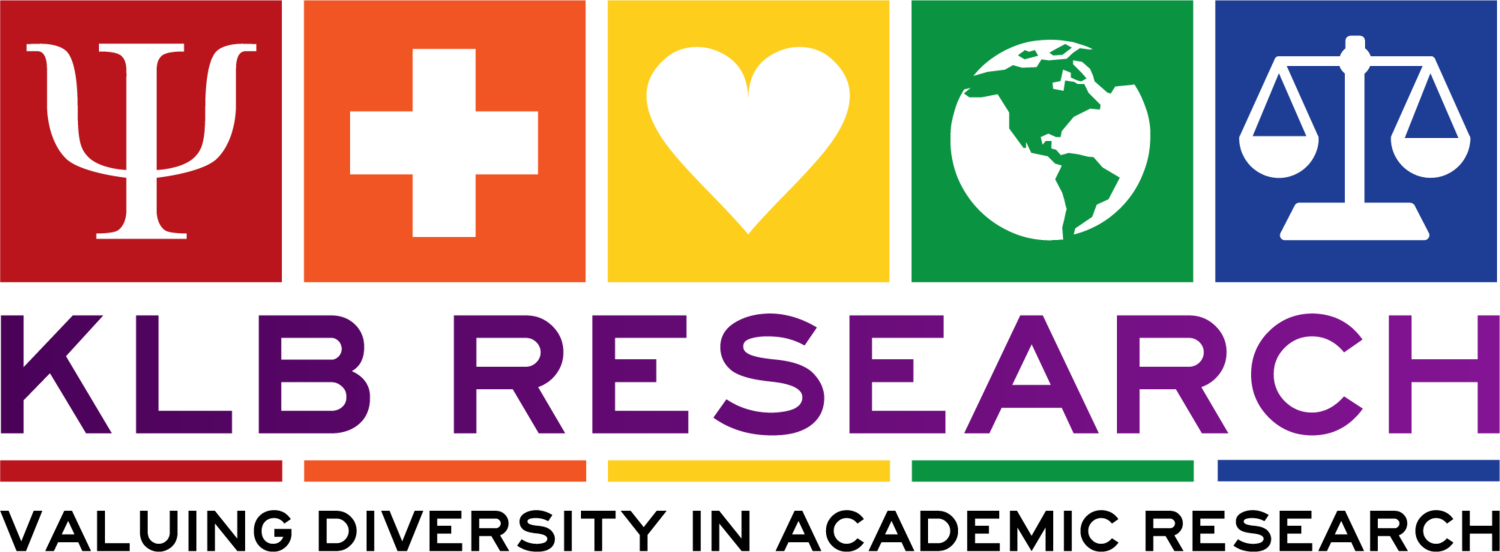Do Russian same-sex couples with children need to begin seeking asylum in other countries?
According to a Russian journalist and LGBTQ activist, that’s exactly what they need to do. Earlier this year Russia made adoption, foreign and domestic, by same-sex parents illegal and also passed what they call the “anti-propaganda” law, which all but criminalize same-sex sexuality. For example, it is illegal to display rainbow flags, to compare same-sex relationships to heterosexual relationships or to speak about sexual diversity in a positive manner (even in the press). Earlier this week things went from bad to worse when a member of the Russian Parliament put forward a bill that would remove children, both biological and adopted, from households with same-sex parents. If this new bill passes, children with same-sex parents will become wards of the state, similar to children who are deemed to have ‘unfit’ parents for reasons of abuse, negligence or drug addiction. Many of the recent changes to Russian laws that have been infringing on the rights of LGBTQ individuals have taken place under the guise of ‘protecting children’ from potential sources of sexual abuse and from learning about same-sex sexuality as a ‘viable’ alternative to heterosexuality.
Although Russia’s new laws are getting a lot of attention on the global stage, the suggestion that same-sex parents may be a danger to children is neither new nor Russian. The debate over same-sex parenting has been raging in North America for over two decades, and even with the recent advancements in LGBTQ rights, many jurisdictions still do not allow same-sex couples to adopt or become foster parents (e.g., Florida, Utah, Mississippi, Arkansas). Despite a few questionable studies, the overwhelming majority of research on same-sex parenting has found no cause for preventing same-sex couples from becoming parents or for removing parental rights from existing same-sex couples.
A recent review article by one of the leading researchers in the area, Charlotte Patterson, concluded that the sexual orientation of a parent does not significantly influence any major child development issues, including gender development, sexual orientation, self and identity development, moral judgment, anxiety, depression, victimization, self-esteem or use of controlled substances. The one thing that children of LGBTQ parents differed on compared to their peers with heterosexual parents was their experiences of being taunted or teased based on the sexuality of their parent(s). This finding mirrors many of the differences found in other research with LGBTQ samples, in that the differences that are found are often attributable to the differential treatment that LGBTQ individuals (and their children) receive from society. While bullying is a serious concern for the development and well being of children, condemning same-sex parents on the basis of societal prejudice instead of working to combat this prejudice is hardly logical.
If empirical research can find no cause to discriminate against same-sex couples in the realm of parenting, why then are so many, both in the USA, Russia and elsewhere, so vehemently opposed to the idea of same-sex parenting? The most obvious answer would appear to be homonegativity (the prejudice formerly known as homophobia)! In a study comparing levels of homonegativity in Canada, Ireland, the UK and the USA, the highest levels of homonegativity were reported in the USA. Not surprisingly, of these four countries, the USA also reports the most restricted LGBTQ rights. If we want to make substantial change in the legal rights of LGBTQ individuals (including same-sex parents), a good place to start might be in the reduction of homonegativity. To find out more about how you can help research attempting to do just that, click here.
This blog post is cross-posted on the Science of Relationships Website, here.
For the Fact Checkers:
Dysart-Gale, D. (2010). Social justice and social determinants of health: Lesbian, gay, bisexual, transgendered, intersexed, and queer youth in Canada. Journal of Child and Adolescent Psychiatric Nursing, 23(1), 23-28.
Farr, R. H., & Patterson, C. J. (2013). Coparenting among lesbian, gay, and heterosexual couples: Associations with adopted children’s outcomes. Child Development.
Gartrell, N., Deck, A., Rodas, C., Peyser, H., & Banks, A. (2005). The National Lesbian Family Study: 4. Interviews with the 10-year-old children. American Journal of Orthopsychiatry, 75, 518–524.
Hatzenbuehler, M. L. (2010). Social factors as determinants of mental health disparities in LGB populations: implications for public policy. Social Issues and Policy Review, 4(1), 31-62.
Hatzenbuehler, M.L. (2011). The social environment and suicide attempts in lesbian, gay, and bisexual youth. Pediatrics, 127(5), 896-903. doi: 10.1542/peds.2010-3020
Lick, D. J., Patterson, C. J., & Schmidt, K. M. (2013). Recalled social experiences and current psychological adjustment among adults reared by lesbian and gay parents. Journal of GLBT Family Studies, 9, 230 - 253.
McDermott, D. T. & Blair, K.L. (2012). What’s it like on your side of the pond? A cross-cultural comparison of modern and old-fashioned homonegativity between North American and European samples. Psychology & Sexuality, 3(3), 277-296. DOI:10.1080/19419899.2012.700032
Patterson, C. J. (2013). Children of lesbian and gay parents: Psychology, law, and policy. Psychology of Sexual Orientation and Gender Diversity, 1(S), 27-34. doi:10.1037/2329-0382.1.S.27 http://www.psycontent.com/content/m3188318862q3775/
Regnerus, M. (2012). How different are the adult children of parents who have same-sex relationships? Findings from the New Family Structures Study. Social Science Research,41(4),752-770. http://www.sciencedirect.com/science/article/pii/S0049089X12000610
Follow:
If you enjoyed this post, consider becoming a KLB Research Patron to help support our research and our ability to disseminate our results in accessible and free formats!




